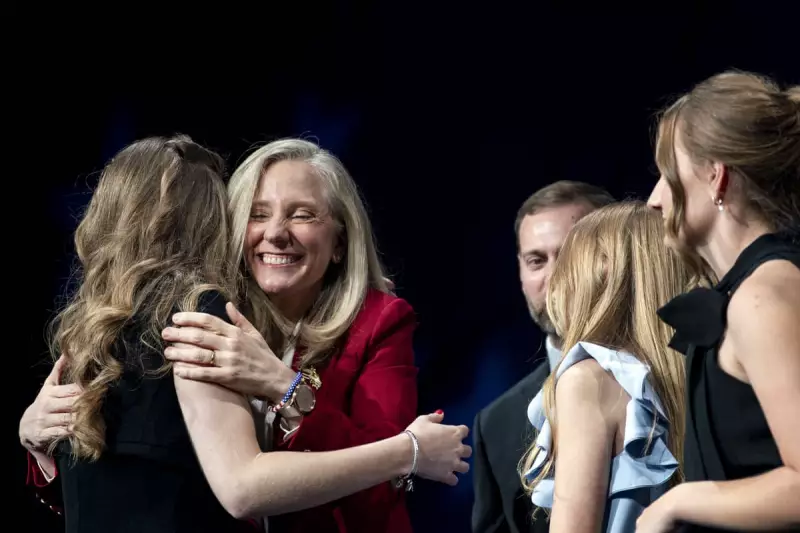
In the fiercely contested political landscape of Virginia, one candidate's background reads more like a political thriller than a typical campaign biography. Abigail Spanberger, the Democratic contender for governor, is leveraging her unique experience as a former CIA operations officer to redefine what leadership means in the Old Dominion state.
The Unconventional Candidate
While most politicians emerge from law firms or business backgrounds, Spanberger's journey began in the shadows of international intelligence. Her seven years tracking money laundering and terrorist networks for the CIA provided her with a perspective rarely seen in state politics. This national security expertise has become the cornerstone of her campaign, positioning her as a candidate who understands global threats at a local level.
Bridging the Political Divide
What makes Spanberger's campaign particularly noteworthy is her deliberate rejection of partisan warfare. In an era of deepening political divisions, she has built a reputation as a pragmatic problem-solver who isn't afraid to challenge her own party. Her moderate stance on key issues reflects a strategic understanding of Virginia's diverse electorate.
"Virginians aren't looking for partisan warriors," Spanberger asserts in campaign appearances. "They want leaders who can deliver practical solutions to kitchen-table issues."
The Policy Priorities
Spanberger's platform reflects her unique background and moderate approach:
- Economic Security: Leveraging her intelligence background to protect Virginia's economy from emerging threats
- Education Reform: Focusing on practical skills and workforce development
- Healthcare Access: Advocating for affordable care without embracing extreme positions
- Public Safety: Applying intelligence-gathering principles to crime prevention
A Test Case for National Trends
Political analysts are watching the Virginia race closely, seeing it as a bellwether for the 2026 midterm elections. Spanberger's success or failure could signal whether voters are ready to embrace candidates with unconventional backgrounds and moderate approaches in an increasingly polarized political environment.
Her opponent, Republican Governor Glenn Youngkin, represents a contrasting style of leadership, setting up a fascinating ideological clash that will test Virginia's political preferences.
The Path Forward
As the campaign intensifies, Spanberger continues to emphasize her unique qualifications. "I've spent my career assessing threats and finding solutions in complex environments," she notes. "That's exactly what Virginia needs right now."
Whether voters agree could determine not just Virginia's future leadership but potentially signal a new direction for American politics—one where practical experience trumps partisan loyalty and unconventional backgrounds become assets rather than liabilities.





